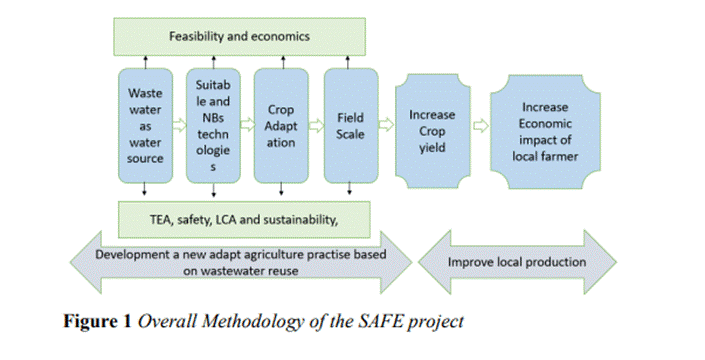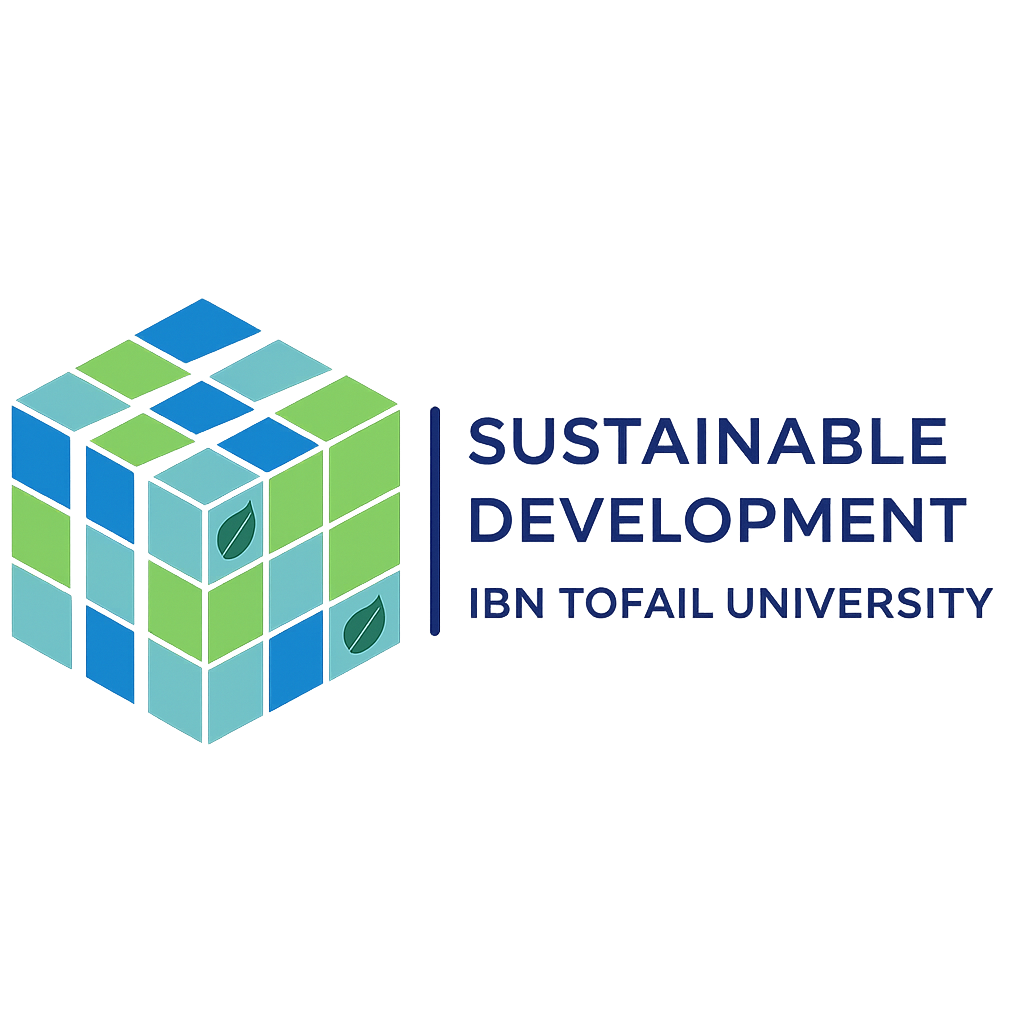Project Coordinator: Pr. Mohammed IBRIZ (Ibn Tofail University)
Period of the projet: 2022-2024
Description of the project:


Partners:
UNIVERSITA’ DEGLI STUDI DELLA BASILICATA
ISTITUTO RICERCA SULLE ACQUE-CONSIGLIO NAZIONALE DELLE RICERCHE – SAPIENZA UNIVERSITÀ DI ROMA
HELLENIC AGRICULTURAL ORGANIZATION ELGO-DIMITRA (INSTITUTE OF PLANT BREEDING AND GENETIC RESOURCES)
THE CATALAN INSTITUTE FOR WATER RESEARCH
THE UNIVERSITY OF MONTPELLIER
AGRONOMIC AND VETERINARY INSTITUTE HASSAN II
WATER RESEARCHES AND TECHNOLOGIES CENTER
LEBANESE DEVELOPMENT NETWORK
UNIVERSITY DJILLALI LIABES
FACULTY OF SCIENCES OF SFAX
IBN TOFAIL UNIVERSITY
Scientific, environmental, and economic impact
With the world’s population on the rise, farmers are under increasing pressure to improve productivity and ensure food safety. Yet, many factors are making farming increasingly challenging for them. These include climate variability and change, water scarcity, and land degradation. To alleviate water scarcity and reduce the high costs of operating and maintaining sanitation systems, water use and wastewater treatment need to be addressed in an efficient and affordable way. However, this approach poses problems in terms of the introduction of organic micropollutants, high nutrient content, and the salinity of wastewater in the soil. As a result, agricultural production, product quality, and soil quality can be negatively affected. Therefore, improving irrigation water quality will improve food security and safety, preserve soil biodiversity and micro-organisms, and increase crop yields for small-scale farmers. SAFE will address these challenges through:
i) studying the decentralized wastewater treatment based on natural solutions (NBS);
ii) the evaluation of water reuse for crop irrigation and its impact on plant production and quality;
iii) the promotion of environmentally-friendly practices such as pest control using biofertilizers such as Trichoderma sp;
iv) the evaluation of local biodiversity and co-benefits.
The major challenge is the urgent need to help farmers increase yields through good quality wastewater effluent for irrigation, soil and pest management, access to better quality salinity-resistant plants and improved farming practices.
